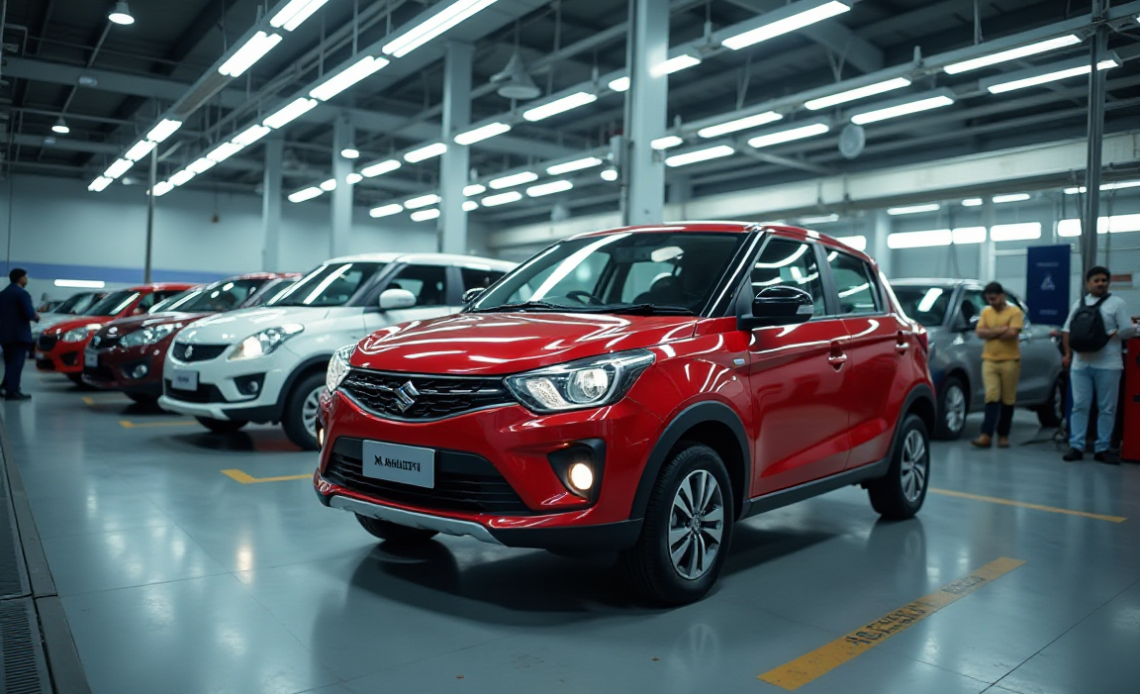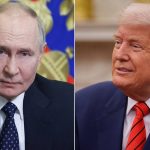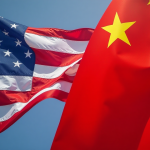India’s leading car manufacturer, Maruti Suzuki, stated on Monday that the recent export restrictions imposed by China on rare earth magnets, a crucial component in their vehicles, have not yet caused any immediate disruption to their production.
The company also mentioned that they are currently engaging in discussions with the government regarding this issue, according to a Reuters report.
Citing sources familiar with the discussions, Reuters reported last week that the Indian auto industry manufacturers have communicated to government officials their growing concerns that ongoing restrictions could lead to a halt in production within a matter of days.
This urgent warning underscores the precarious state of the automotive sector, which relies on a complex and often internationally interwoven supply chain.
Any significant disruption, such as the curbs mentioned, can quickly cascade through the production process, leading to shortages of critical components.
Concerns regarding new import process
Indian automotive manufacturers have expressed considerable apprehension regarding the intricacies of a newly implemented import procedure.
This process introduces a multi-layered approval system, mandating clearances from both Indian and Chinese government authorities.
Furthermore, the regulations necessitate the submission of specific documentation, notably end-use certificates.
These certificates must explicitly declare that the imported rare earth magnets are not intended for military applications.
This complex framework has generated concerns within the Indian auto industry due to the added bureaucratic hurdles and potential delays in the procurement of crucial components.
Maruti’s inventories
Maruti stated that they have submitted an import application regarding their inventory levels and potential production impact.
The automaker noted it’s challenging to provide precise details until they receive a response to their application.
Rahul Bharti, senior executive director, corporate affairs, told reporters on Monday:
It is not a restriction. It is an endorsement of end use. In case there is an issue, we will…inform all our stakeholders, including the stock exchange.
During a recent industry meeting with India’s Ministry of Heavy Industries last week, Maruti indicated that it might have to halt production of one of its car models by early June if the magnet supply issue is not promptly resolved, according to Reuters.
China’s dominance
China possesses over 90% of the world’s processing capability for magnets, crucial in various sectors, including clean energy, home appliances, and automobiles.
In April, China implemented regulations mandating import permits for these materials.
The Society of Indian Automobile Manufacturers has informed officials that component manufacturers’ inventories are projected to be depleted by the close of May.
Consequently, automobile production is anticipated to face a “grinding halt” beginning in early June.
India’s Heavy Industries Minister, HD Kumaraswamy, informed reporters on Monday that the government is planning to dispatch a delegation of industry leaders to China within the next two to three weeks.
The purpose of this trip is to engage in discussions with Chinese authorities regarding the aforementioned issue.
Carmakers in the country are preparing to introduce new electric vehicles (EVs) while simultaneously dealing with a decline in the sales of their gasoline-powered vehicles. This confluence of factors is raising concerns.
Despite a magnet supply concern, Maruti Suzuki anticipates no significant delays in the launch of its first EV in India, the electric SUV e-Vitara, scheduled for this year, according to Bharti.
The post India’s Maruti Suzuki sees no immediate impact from China rare earth magnet ban appeared first on Invezz







